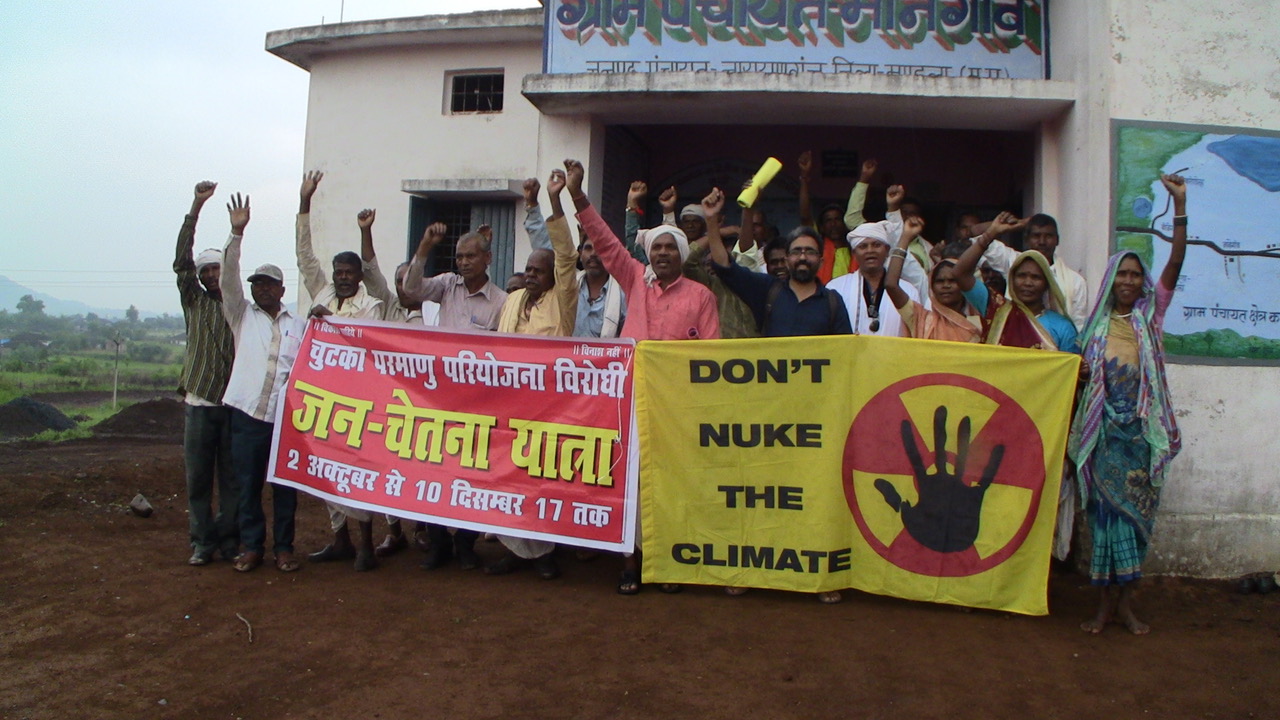Climate Justice in Asia
ann-elise lewallen
University of California
Description:
The concepts of “environmental justice” and “environmental racism” emerged from a particular struggle in the U.S., specifically an African-American community mobilizing to resist the proposed location of a hazardous waste landfill in their neighborhood. From these origins the framework of environmental racism has grown to incorporate different types of minoritized experience, including a broader slate of racial and ethnic minorities in the US, indigenous peoples, as well as blending gender and socioeconomic class critiques into its model of an environmental and civil rights-based strategy for justice.
In this course we will apply the framework of “environmental justice” as an analytic lens to help us understand the types of identity politics and community logics that underpin mobilizing strategies around the environment in Asia. We will focus on themes such as nuclear and hydroelectric energy, water, pollution, industrial accidents, militarization, and climate justice, and examine how particular communities across Asia and the Pacific have addressed these environmental challenges.
As Brett Walker argued in Toxic Archipelago, modernity in Japan was achieved through harnessing the resources of the “natural world” and through acts of social and environmental injustice that severed the ancestral relationships between local communities and surrounding environments. The contemporary fact of widespread environmental inequality in Japan and Asia today is rooted in the very foundations of modernity itself. In this course we will explore the contemporary state of environmental justice across Asia and the Pacific to deepen our understanding of how individuals and communities mobilize certain publics to protect or conserve environment and livelihood, and how contrasting rhetorics or mobilizing strategies are imagined and enacted.

![01. Top Image. DC Pipeline Protest.1410x450[Dougherty 2017]](https://ejcj.orfaleacenter.ucsb.edu/wp-content/uploads/2017/10/01.-Top-Image.-DC-Pipeline-Protest.1410x450Dougherty-2017-1410x430.jpg)
